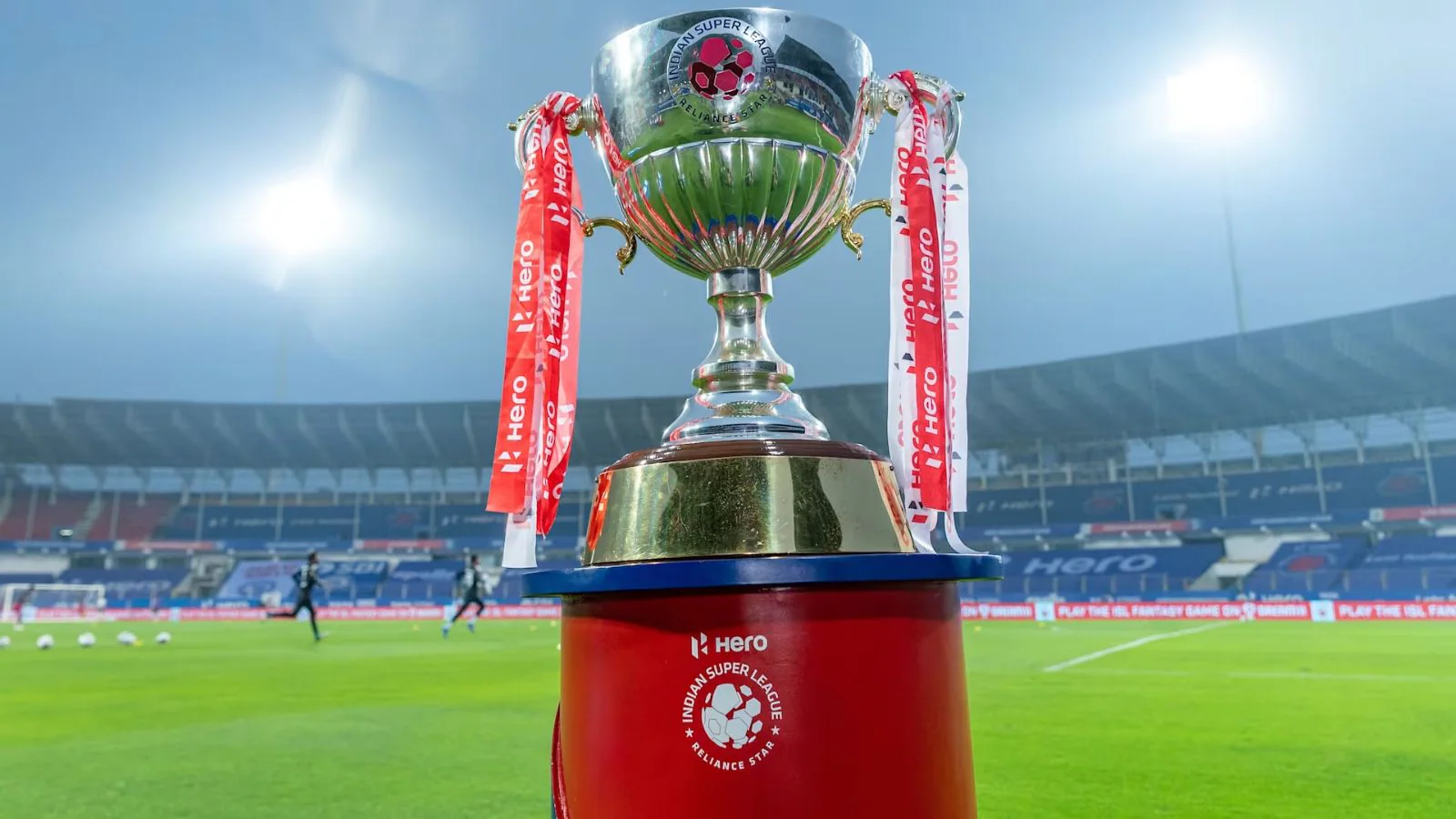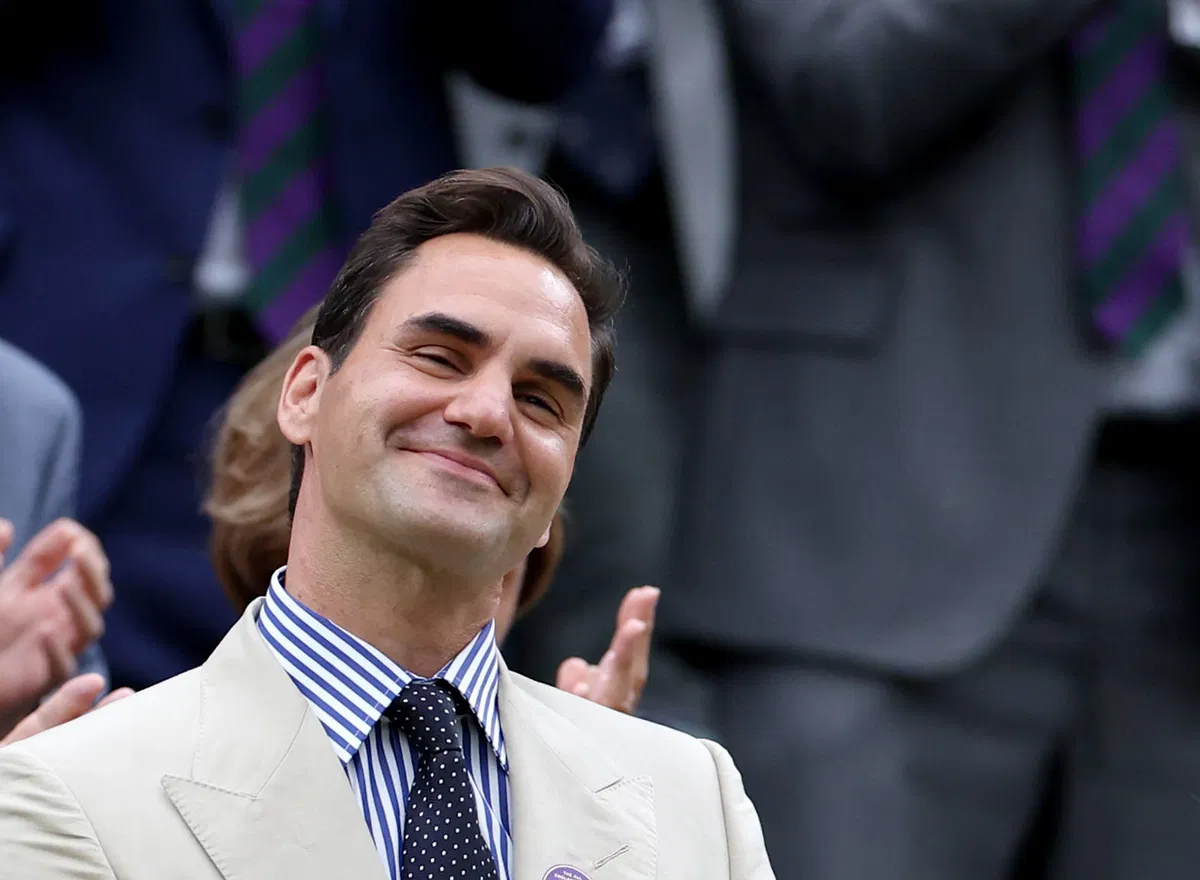By News18,Ritayan Basu
Copyright news18

India’s premier football league can no longer be owned or operated by private entities, according to the AIFF’s new Constitution approved by the Supreme Court, which mandated that the sports governing body take sole ownership of the league.
Football Sports Development Limited (FSDL) has been managing the running of the Indian Super League (ISL) since its inception in 2014.
However, the All India Football Federation’s new Constitution, approved by the Supreme Court on Friday, assigns the AIFF as the sole entity responsible for owning and running the top division league.
Additionally, the approved Constitution includes a clause requiring the top league to implement a promotion and relegation system, aligning with global football governance standards.
The new Constitution defines the “seniormost top division league” as the league competition owned, operated, and recognised by the AIFF, which adheres to the principles of promotion and relegation.
The definition of an eminent player has also been revised in the new Constitution.
“We believe it reasonable to reduce the criteria suggested by Justice L N Rao to 5 international matches for men and 2 matches for women,” stated the Supreme Court order.
On Friday, the Supreme Court approved the AIFF draft constitution, prepared by former apex court judge L Nageswara Rao with certain modifications, and instructed the football body to adopt it within four weeks in a general body meeting.
A bench of Justices PS Narasimha and Joymalya Bagchi recognised the election of the current executive committee members of the AIFF, headed by president Kalyan Chaubey, and concluded there is no need for a fresh election as only a one-year tenure remains.
On April 30, the Supreme Court reserved its verdict regarding the finalisation of the AIFF’s draft constitution prepared by Justice Rao.
While the draft stated that a cooling-off period of four years was required after eight years in office, it also specified that a person could not remain a member of the sports body after reaching the age of 70.
Under the draft constitution, the AIFF’s executive committee would consist of 14 members, all subject to age and tenure restrictions.
The committee would include one president, two vice presidents (one man and one woman), one treasurer, and 10 other members.
Among the 10 other members, five would be eminent players, including two women.
The draft constitution also includes provisions for removing office bearers, including the president, through a no-confidence motion, which is not present in the existing AIFF constitution.
Will India Get A FIFA Ban?
Regarding third-party interference, the Supreme Court stated, “We are of the clear view that it is not appropriate to have continuous monitoring of a sports federation by any forum, including the Supreme Court.”
With approval from the Supreme Court, the AIFF has time to adopt the new Constitution before FIFA’s October 30 deadline, thus avoiding a ban from the global governing body of the sport.
The Supreme Court has also sanctioned the process for the AIFF to conduct open tenders to find a new commercial partner for the top-tier league and initiate the league for the 2025-26 season.
“We direct the AIFF administration to call for a special general body meeting and adopt the draft Constitution with the modifications in this judgment. This shall be done at the earliest, preferably within 4 weeks.
“We are of the firm opinion that the Constitution, once adopted in terms of Article 84, will mark a new beginning for Indian football and take the sport to greater heights,” the court order said.
“We believe that the Constitution of AIFF is an important structural foundation in this regard and the stakeholders of Indian sports will have an important role in ensuring that Indian football remains thrilling, competitive and value-oriented and continue to make its mark in the national and international landscape,” the top court remarked.
The draft was initially prepared by a court-appointed Committee of Administrators in 2022 and later reworked under the supervision of retired Justice Rao.
(With inputs from PTI)



